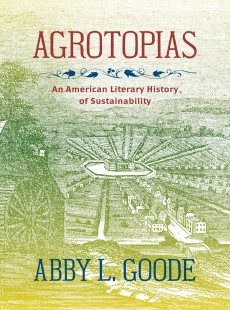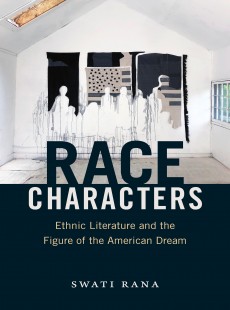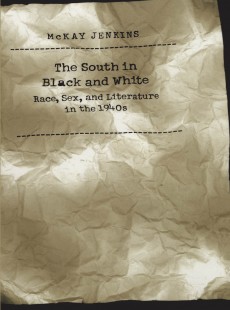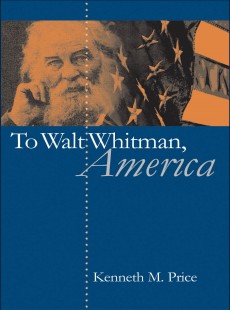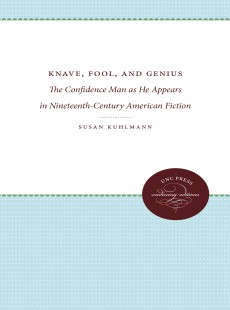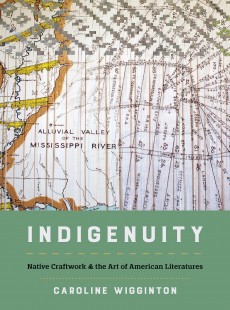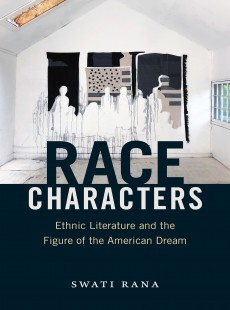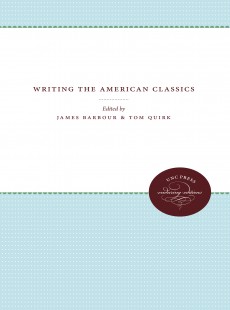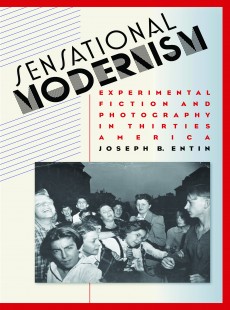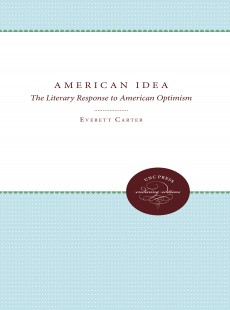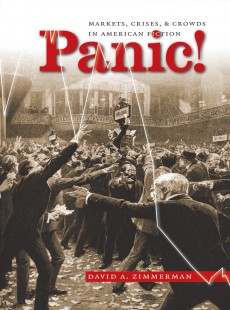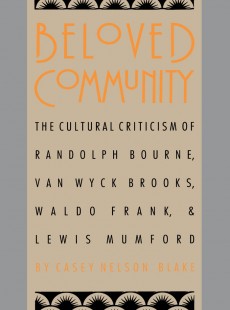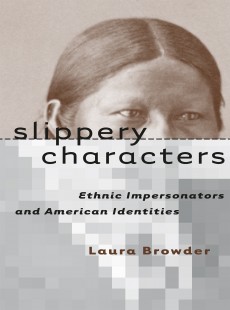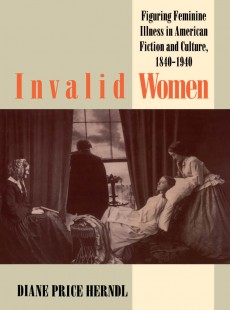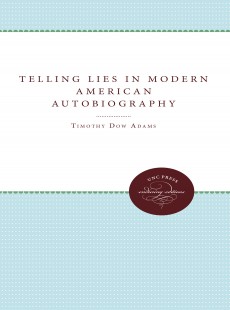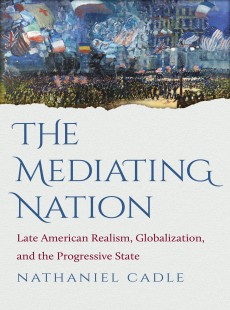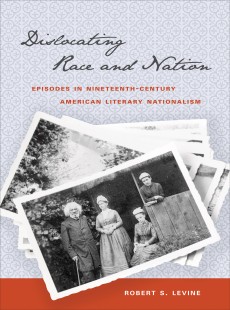
Dislocating Race and Nation
Episodes in Nineteenth-Century American Literary Nationalism
Robert S. Levine
 Publisher: University of North Carolina Press
Publisher: University of North Carolina Press
Imprint: The University of North Carolina Press
Published: 06/2009
Pages: 336
Subject: Literary Criticism
| University of North Carolina
Print ISBN: 9.78E+12
eBook ISBN: 9780807887882
DESCRIPTION
Levine emphasizes the centrality of both inter- and intra-American conflict in his analysis of four illuminating "episodes" of literary responses to questions of U.S. racial nationalism and imperialism. He examines Charles Brockden Brown and the Louisiana Purchase; David Walker and the debates on the Missouri Compromise; Nathaniel Hawthorne, Herman Melville, and Hannah Crafts and the blood-based literary nationalism and expansionism of the mid-nineteenth century; and Frederick Douglass and his approximately forty-year interest in Haiti. Levine offers critiques of recent developments in whiteness and imperialism studies, arguing that a renewed attention to the place of contingency in American literary history helps us to better understand and learn from writers trying to make sense of their own historical moments.
RELATED TITLES
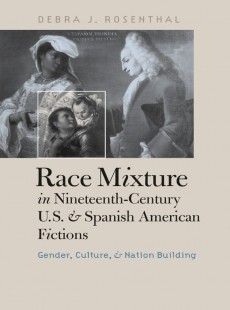
Race Mixture in Nineteenth-Century U.S. and Spanish American Fictions

Browse All University of North Carolina Press Books

Race Mixture in Nineteenth-Century U.S. and Spanish American Fictions

Browse All University of North Carolina Press Books

Form and History in American Literary Naturalism

Browse All University of North Carolina Press Books

Form and History in American Literary Naturalism

Browse All University of North Carolina Press Books




